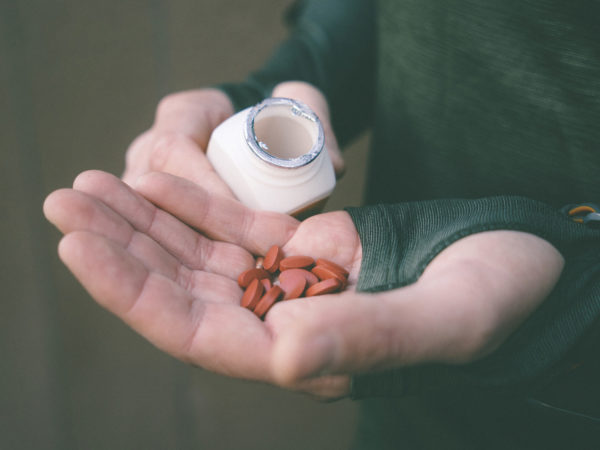What's with CoQ10?
I recently read an article that indicated that CoQ10 is no longer considered safe. What is your current position on CoQ10?
Andrew Weil, M.D. | August 24, 2006

Coenzyme Q10, more widely known as CoQ10, is a natural antioxidant made by the body and found in most foods. Among its other effects, it improves use of oxygen at the cellular level, particularly in heart muscle cells. I recommend coenzyme Q10 to anyone concerned about heart health, and I take 120 mg daily myself. CoQ10 helps protect LDL (“bad”) cholesterol from oxidation, maintains healthy blood vessels, reduces the risk of plaque rupture and supports optimal functioning of the heart muscle. There is also some evidence that CoQ10 can help lower blood pressure. Anyone taking statins to lower cholesterol should take 60 to 90 mg daily because the drugs suppress production of CoQ10 as well as cholesterol. (Low CoQ10 levels in patients on statins can contribute to the common side effects of fatigue and aching joints and muscles.)
I haven’t heard of or seen any reports suggesting that CoQ10 is unsafe. On the contrary, the safety of this supplement has been well established over many years.
In addition to recommending CoQ10 for the heart problems mentioned above, I often advise people with diabetes to take it because they’re at greater-than-normal risk of cardiovascular disease. I also believe it maintains the health of gums, and emerging scientific evidence suggests that it may prove useful for other conditions:
- Alzheimer’s disease: More research is needed, but there are indications that CoQ10 may slow the progression of dementia in Alzheimer’s patients.
- Breast cancer: High doses (300 mg daily) may increase survival in breast cancer patients.
- Low sperm motility: A study published in the January 2004 issue of Fertility and Sterility suggests that CoQ10 may increase sperm motility in infertile men.
- Migraine: A study from Switzerland published in the February 22, 2005, issue of Neurology suggests that CoQ10 can help prevent and treat migraine headaches.
- Muscular dystrophy: More research is needed here, but CoQ10 seems to improve patients’ exercise capacity, heart function, and quality of life.
- Parkinson’s disease: Preliminary but promising evidence indicates that high-doses of CoQ10 (1,200 mg a day) can be beneficial.
Take CoQ10 with a meal containing fat for best absorption. The best form to use is a softgel capsule. I continue to recommend at least 90-120 mg to anyone with a family history of heart problems or who is otherwise at risk for cardiovascular disease. Further, I see no reason why an otherwise healthy man, or woman, should not take CoQ10 preventively.
Andrew Weil, M.D.









